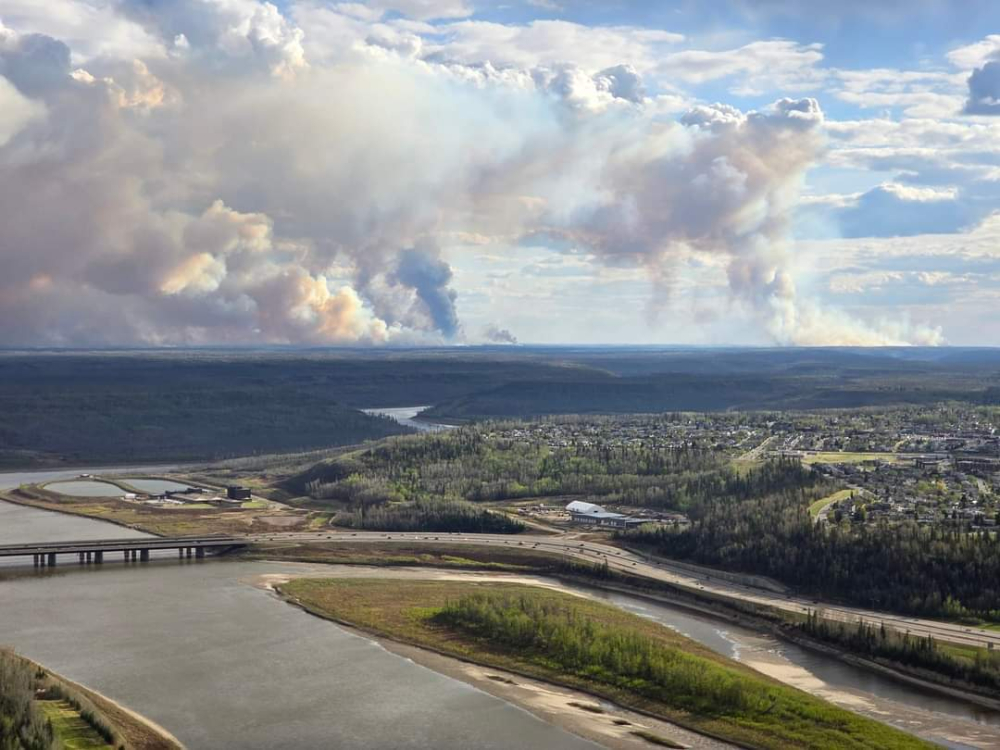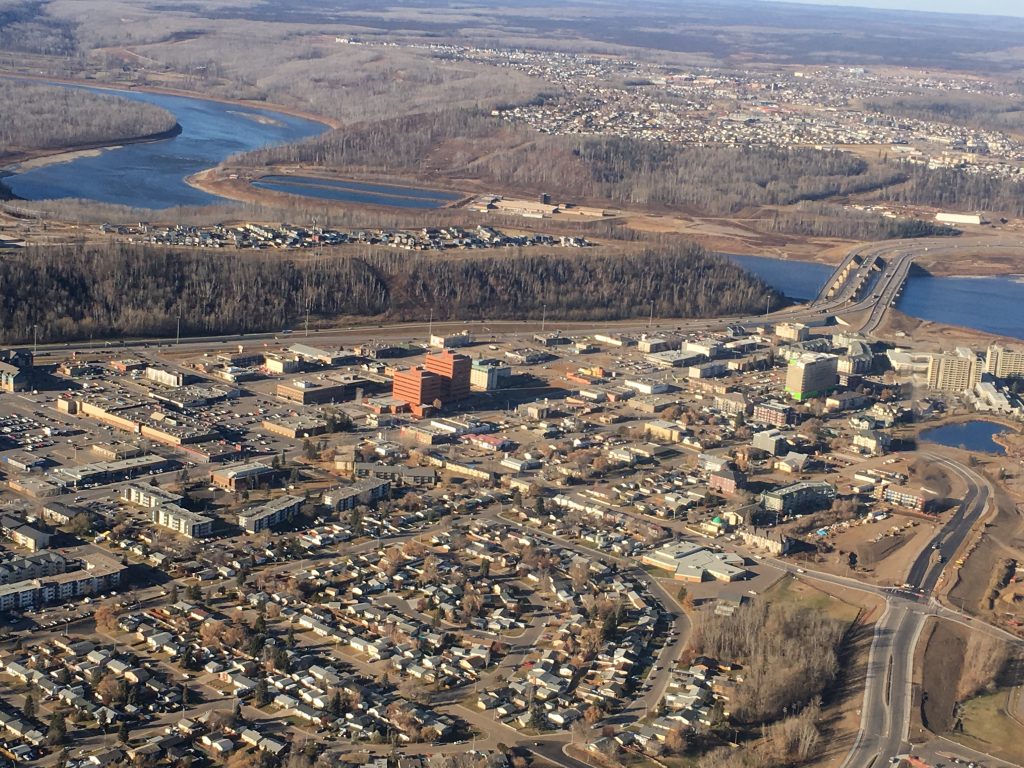The provincial curtailment on the industry is causing Imperial Oil to delay one of its projects in the RMWB.
Last week, the oil company held its Investor Day in Toronto – where they detailed an update to their business strategy, operations and major projects.
Among the topics discussed was the $2.6 billion Aspen project – located 45 km northeast of Fort McMurray.
Speaking at the event, CEO Rich Kruger says until curtailments end – they won’t be moving forward with Aspen.
“It certainly affected rail economics. We went from a terminal that this time last year was very profitable and in very high demand. And with a stroke of a pen, it made it uneconomic and we couldn’t ramp down production fast enough.”
Imperial also announced a $450 million project to boost its Cold Lake thermal project by drilling into the undeveloped Grand Rapids oilsands formation and diverting steam from the nearby Nabiye project.
They note the Cold Lake project will save them around $1 billion in capital spending by replacing the previously proposed project – which would have added 55,000 barrels per day in production.
Speaking candidly, Kruger feels the government’s handling of the curtailment policy on a month by month basis has made things difficult on them.
“We need to be out of this world where it’s a free market and competitors all compete on a level playing field and we’re not vulnerable to government actions that can materially affect the economics and incentive of spending money.”
Kruger – who is retiring from his position by the end of the year – also confirmed Imperial’s plan to boost production at it’s Kearl site, north of Fort McMurray – from 200,000 bbls/d to 280,000.
He adds all they want to see is the free market fully restored.
“We believe in that restoration. Rail will be a valuable market clearing mechanism for the incremental barrel. We have the largest rail terminal in Alberta so we think that in restored free markets we can get rail back in business.”
Two weeks ago, the oil company experienced its highest third-quarter production in three decades at 407,000 bbls/d.











